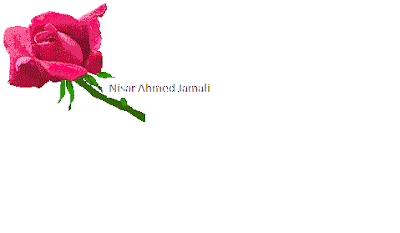The rapid uptake of mobile money transfer in Kenya has ignited
enthusiasm globally over the potential to bank poor people via the
platform of mobile phone technology. On the basis of research undertaken
for Financial Sector Deepening Kenya,
I argue that the evidence suggests an alternative explanation which
means that formal service provision for poor people needs to be thought
through in a very different way. It means going beyond the expectation
that mobile technology can adequately lower transactions costs to
produce a revolution in inclusion, to recognizing that managing
financial resources has important social dimensions.
 The research examined the reasons behind use of the whole range of
services and so explores how mobile money transfer fits into the
financial landscape as a whole. For years the popularity of informal
financial groups in the form of ROSCAs and ASCAs
has been evident. Indeed, many of those who are banked also use these
mechanisms. Mobile money transfer has now overtaken informal financial
groups as the most used service. In our survey, based in three more
rural towns and chosen to cross-cut poverty levels but particularly
focus on the low-income group, some 61% were registered mobile money
transfer users, 51% were using informal financial groups and 36% were
using banks (higher than the last FinAccess 2009 survey
figures of 22%). So how can we explain why banks lag so far behind
when from an objective perspective they appear to offer a safe and
secure place to save?
The research examined the reasons behind use of the whole range of
services and so explores how mobile money transfer fits into the
financial landscape as a whole. For years the popularity of informal
financial groups in the form of ROSCAs and ASCAs
has been evident. Indeed, many of those who are banked also use these
mechanisms. Mobile money transfer has now overtaken informal financial
groups as the most used service. In our survey, based in three more
rural towns and chosen to cross-cut poverty levels but particularly
focus on the low-income group, some 61% were registered mobile money
transfer users, 51% were using informal financial groups and 36% were
using banks (higher than the last FinAccess 2009 survey
figures of 22%). So how can we explain why banks lag so far behind
when from an objective perspective they appear to offer a safe and
secure place to save?The reasons people give for using mobile money transfer have now gone a long way beyond the original “send money home” remittance rationale. Mobile money seamlessly facilitates inter-personal transfers to their close and extended family and friends for school fees, investments, celebrations and funerals, “assistance” and “help”, borrowing and so on – that is, any reason that people might need to send money to each other.
The Allure of a Cashless Society: Is it just distracting us from our goal?
PayPal made news recently by launching a new report, Money: The Digital Tipping Point, which predicts that by 2016 UK consumers won’t need cash or a wallet to go shopping. I’m not sure why the UK market was the focus of this report, but I won’t tell PayPal that KPMG just came out with its own research that showed that “when it comes to mobile banking, consumers in the UK are more resistant than elsewhere. Only 27% of Brits surveyed said they had used some form of mobile banking in the past six months (globally 52%).” But Carl Scheible, Managing Director of PayPal UK, is persistent and argues,
But Carl Scheible, Managing Director of PayPal UK, is persistent and argues,We’ll see a huge change over the next few years in the way we shop and pay for things. By 2016, you’ll be able to leave your wallet at home and use your mobile as the 21st century digital wallet.I’ve been intrigued to see several recent new stories spouting off about the grandiose vision of a cashless society. To a certain extent I thought we had moved past this debate. While recognizing it as desirable, this high and mighty goal seems somewhat unattainable, at least in the short to medium term. At CGAP, a former colleague and I wrote about mostly failed attempts to go cashless in developed economies in the late 1990s and early 2000s through various mobile and electronic payment schemes. A few of us also wrote about the attempt in Singapore to dictate a cashless economy about 10 years ago, but to my knowledge I believe there’s still cash floating around Singapore
















